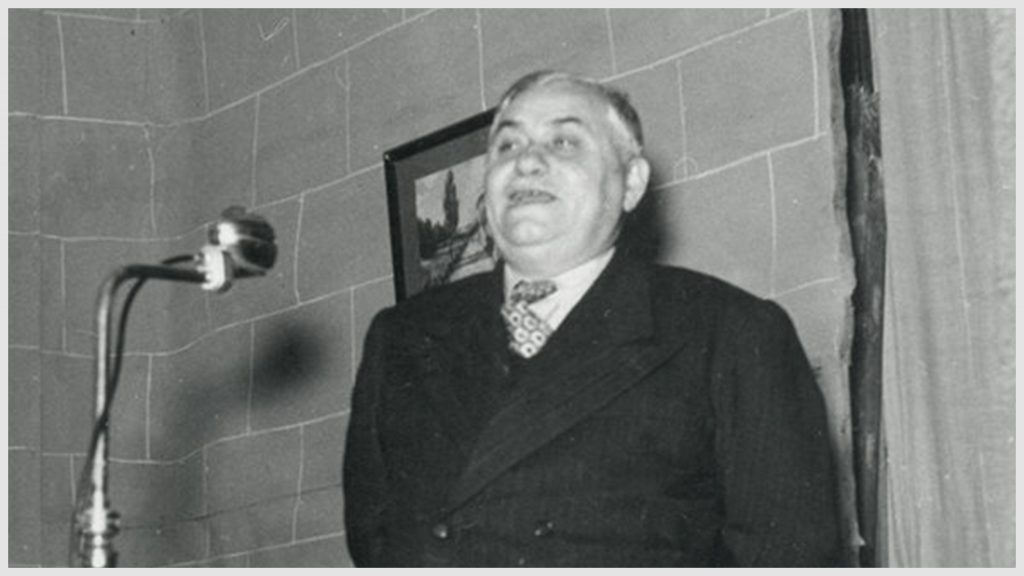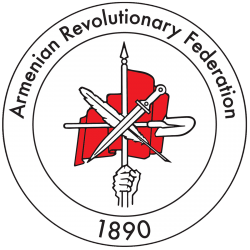Drastamat Kanayan - Dro
 31 May , 1883 -
08 March , 1956
31 May , 1883 -
08 March , 1956
Born in Surmalu (present-day Igdir, Turkey), in the Yerevan governerate of the Russian Empire, Dro was one of the most daring avengers and military figures of Dashnaktsoutiun. He attended the local parish school, then a Russian high school in Yerevan.
He joined the ARF in 1903, during Russian attempts to confiscate Armenian Church properties—a move that the ARF actively opposed.
Dro was tasked by the ARF Central Committee of Baku to punish those responsible for inciting the Tatar (Azeri) mobs and touching off the Armeno-Tatar confrontations in 1905. Georgian noble Prince Nakashidze, who had been vice-governor of Yerevan and participated in the seizures of Armenian Church properties, was appointed governor of Baku in 1904 and encouraged Tatar atrocities against the Armenians of the city. In May 1905, Dro assassinated Nakashidze in Baku.
Later, in 1907 in Alexandropol, he and Martiros Charoukhchian assassinated General Alikhanov, who had been in Nakhijevan in 1905 during Tatar attacks against Armenians and later led a Cossack division in Armenia. In 1908, Dro settled in Bayazit, in the guise of a merchant, to supervise arms shipments.
In 1915 Dro commanded the Second Armenian Volunteer Regiment. Later, he played a vital role in the decisive battles of 1918, gaining the victory at Bash Abaran, which, along with the victories at Sardarabad and Gharakilise, paved the way for the founding of the Armenian Republic of 1918.
Dro was a general in the armed forces of the Armenian Republic and served as minister of war in the Vratsian cabinet. After the Sovietization of Armenia, he was exiled to Moscow, then made his way to Romania.
During the Second World War, his efforts to protect Armenians in areas under German occupation, as well as Armenian prisoners of war in Nazi camps, helped save thousands of Armenian lives.
Dro settled in Lebanon in 1947. He died in Boston, in 1956, at the age of 73.
His remains were taken to Armenia for final burial in Aparan (Bash Abaran), on May 28, 2000, as part of the commemoration of the 82nd anniversary of the First Republic of Armenia.
